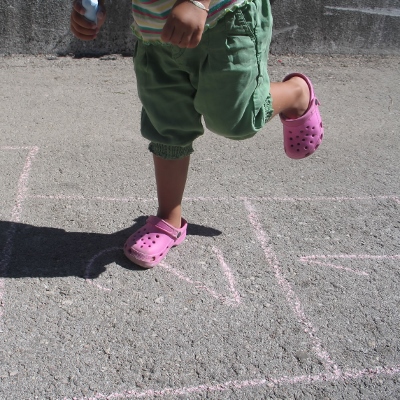 ADHD is such a hot topic these days and everyone is concerned about it. Why? What is all of the fuss about? There have been many studies looking at the risks associated with the symptoms of this disorder. First, let’s look at what all of these letters mean? The new naming system for those with the diagnosis is Attention Deficit and Hyperactivity Disorder-Hyperactive type, Inattentive type or Combined type. Although there is not one single test for diagnosing this condition, the variety of tests available help to identify those with or without the disorder.
ADHD is such a hot topic these days and everyone is concerned about it. Why? What is all of the fuss about? There have been many studies looking at the risks associated with the symptoms of this disorder. First, let’s look at what all of these letters mean? The new naming system for those with the diagnosis is Attention Deficit and Hyperactivity Disorder-Hyperactive type, Inattentive type or Combined type. Although there is not one single test for diagnosing this condition, the variety of tests available help to identify those with or without the disorder.
In general, the incidence of ADHD has remained stable at approximately 7% of the general population, no matter the changes in diagnostic criteria over at least the last 30 years with a male: female ratio of 3:1 in children. This is mostly related to the fact that boys are more likely to have the hyperactive type and girls are more likely to have the inattentive type. By the time the children reach adulthood the ratio of male: female is approximately1:1 as more females are diagnosed by the other symptoms associated with the disorder. Often seeming younger than their age, children with ADHD can have issues with peer relations relating to their impulsivity, does not seem to listen when directly spoken to, lack of attention to details or ability to organize tasks or lack of recognition of personal space, often butting into others games or conversations. These children avoid or dislike tasks that require attention and frequently lose things that are needed. This can also result in pushing themselves too far in sports and activities. Despite the fact that the disorder is based on poor focus and attention, these children can hyper focus and be almost obsessive in activities that they enjoy. This in turn can lead to overuse injuries and pushing themselves harder than they should because of the risk taking.
The last D in ADHD stands for disorder which means it interrupts a person’s daily living. All of us have some of these symptoms sometimes and do not have ADHD. Instead, when the symptoms cause issues at school and at home, then a parent needs to consider ADHD as a possible reason. Easy frustration, inconsistent performance at school and avoidance of doing homework can also be signs of this disorder. Are there any other side effects from the symptoms other than frustration, being forgetting daily activities losing things or taking more time to complete an activity? Yes, there is. Untreated ADHD has many possible repercussions. There are substantial increases in drug and alcohol abuse, difficulty holding onto jobs, dropping out of school and getting into other issues with the law. Adults with ADHD are at least twice as likely to get divorced, also not able to hold onto a job and an increased risk of unwanted pregnancy.
In the past few weeks a study was released in Lancet, the English medical journal, that showed that although an individual’s risk is still very low, a person with ADHD has twice the risk of an early death by 30 years old than those without the diagnosis. Most of these deaths are due to accidents. The risk increases the later the person was diagnosed and treatment started. Furthermore, the risk increase is greater in females than in males, and those that have hyperactivity vs. those that do not. Most of the risk is related to some of the major symptoms associated with ADHD. These include impulsivity, poor planning, easily distracted even while performing tasks and running about or climbing in situations where it is not appropriate.
All these concerns may make a person fear the diagnosis, but really they should not as long as they have had some guidance along the way. Those with ADHD have been shown to be very creative seeing the world slightly differently and making new associations between different items. Although I have not seen the actual statistics it is said that many of the CEO’s of the top Fortune 500 businesses have ADHD as do many of the top artists, actors, musicians and scientists. Again the creativity and intelligence of these folks is a strong factor for this.
So parents do not be upset about the diagnosis, but be careful and monitor your children, guide them and frequently direct them and alert them when they are straying too far off course with their focus and attention.





